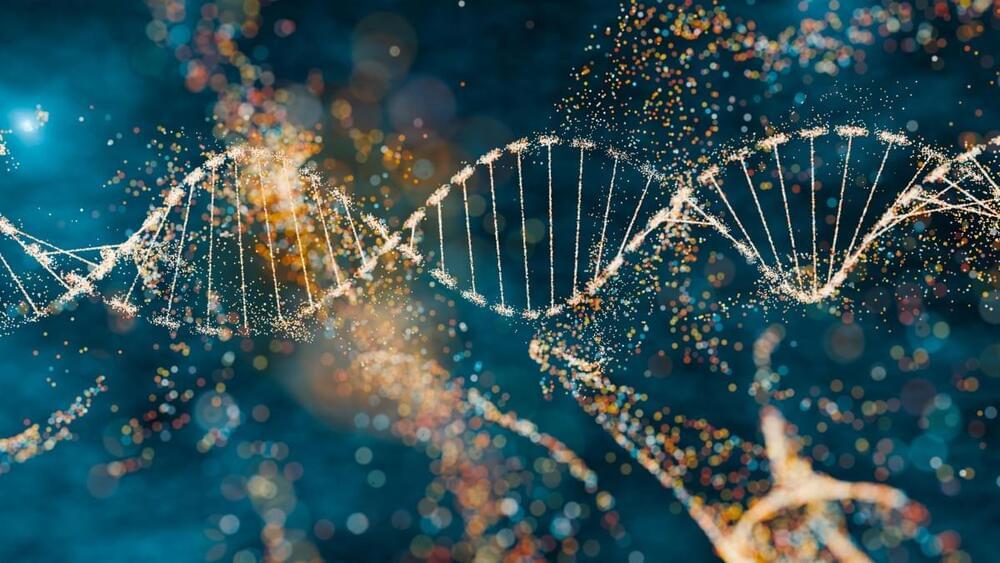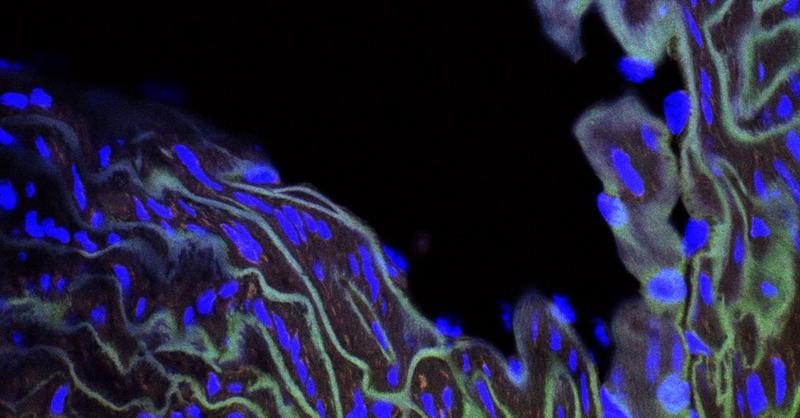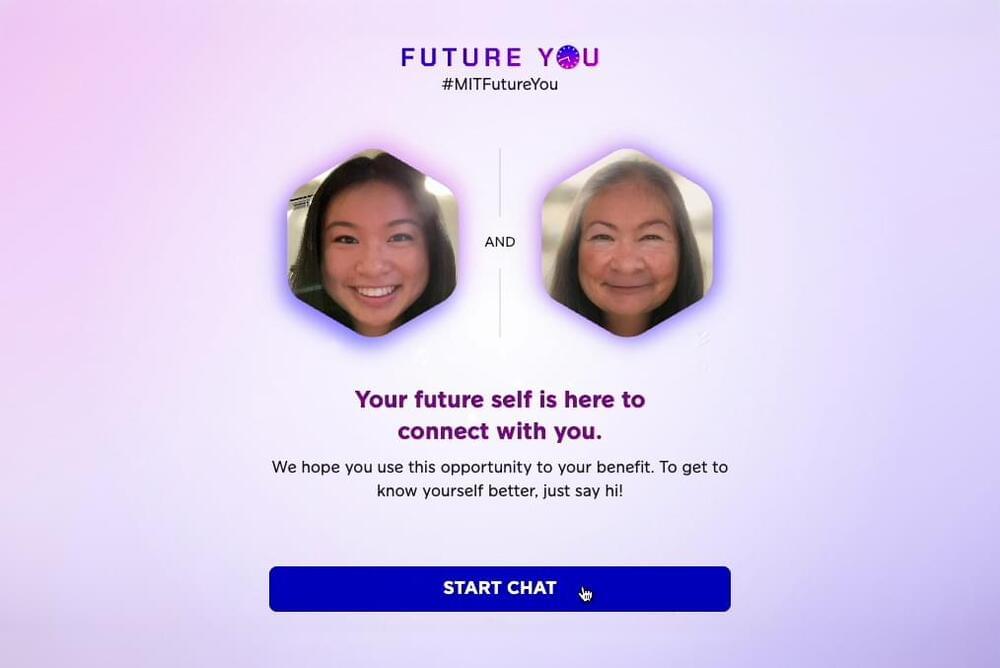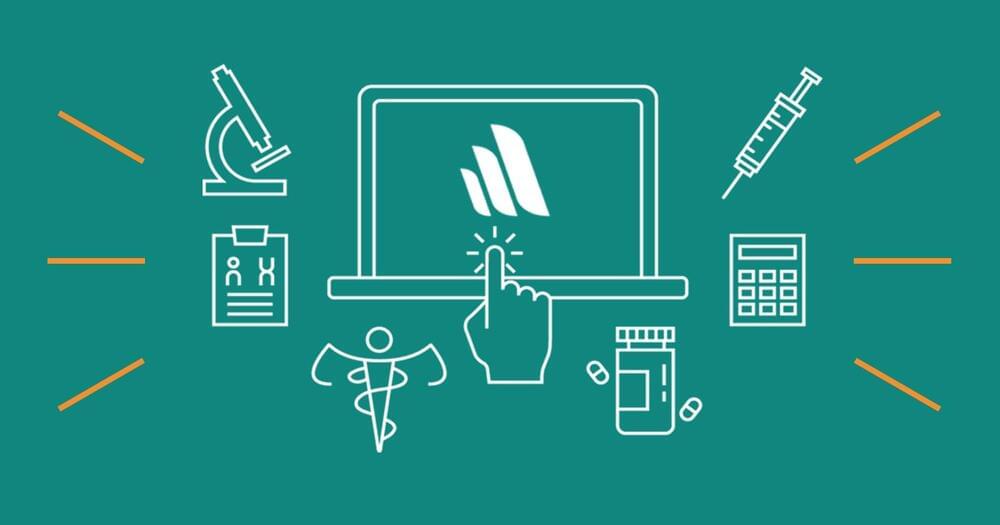Arctech Solar says it has signed a 2.3 GW tracker order from Saudi Arabia, where it will supply trackers designed for the region’s desert terrain and high winds.
A short pulse of voltage rebuilds lost capacity in lithium-silicon batteries, but may not work with others.
With liquid biopsies, detecting cancer and tracking treatment progress can be as easy as taking a blood test. This is an increasingly popular way of monitoring cancer, because it’s much less invasive than solid tumour biopsies. And liquid biopsies can become even more sensitive if they capture methylation information as well as genetic data.
Usually, liquid biopsies for cancer rely on the detection of small amounts of DNA that are shed from a tumour into the bloodstream. But especially in the disease’s early stages, circulating tumour DNA (ctDNA) levels are very low and point mutations linked to cancer can be easy to miss.
“If we want to develop assays to detect cancer earlier, we need very sensitive detection of these rare tumour fragments,” says Charlotte Proudhon, group leader at the Research Institute for Environmental and Occupational Health in Rennes, France, whose team are among those now developing liquid biopsy methods that include epigenetic markers, such as methylation.
A new University of Maryland-led discovery could spur the development of new and improved treatments for Hutchinson-Gilford progeria syndrome (HGPS), often simply called “progeria”—a rare genetic disorder with no known cure that causes accelerated aging in children.
Publishing in the journal Aging…
Researchers identify protein that could improve cardiovascular health of those with progeria.
AI and politics 😳 Artificial though it may be, the concept of “intelligence” doesn’t seem to jibe with a computer-generated image of uniformed cats toting assault rifles.
Yet that visual slur, which supports a debunked story about immigrants in Ohio eating pets, has become a signature image from…
UMD experts explain the emotional pulls and cognitive pitfalls—and how to avoid them.
In a world powered by artificial intelligence applications, data is king, but it’s also the crown’s biggest burden.
As described in the article, quantum memory stores data in ways that classical memory systems cannot match. In quantum systems, information is stored in quantum states, using the principles of superposition and entanglement to represent data more efficiently. This ability allows quantum systems to process and store vastly more information, potentially impacting data-heavy industries like AI.
In a 2021 study from the California Institute of Technology, researchers showed that quantum memory could dramatically reduce the number of steps needed to model complex systems. Their method proved that quantum algorithms using memory could require exponentially fewer steps, cutting down on both time and energy. However, this early work required vast amounts of quantum memory—an obstacle that could have limited its practical application.
Now, two independent teams have derived additional insights, demonstrating how these exponential advantages can be achieved with much less quantum memory. Sitan Chen from Harvard University, along with his team, found that just two quantum copies of a system were enough to provide the same computational efficiency previously thought to require many more.
The challenge of observing and controlling complex phases of matter has long intrigued researchers, particularly when it comes to non-equilibrium systems like time crystals.
Researchers successfully observed topological time-crystalline order using superconducting qubits on a programmable quantum processor.
Have you ever wanted to travel through time to see what your future self might be like?
The user engages with the tool in two ways: through introspection, when they consider their life and goals as they construct their future selves, and retrospection, when they contemplate whether the simulation reflects who they see themselves becoming, says Yin.
“You can imagine Future You as a story search space. You have a chance to hear how some of your experiences, which may still be emotionally charged for you now, could be metabolized over the course of time,” she says.
To help people visualize their future selves, the system generates an age-progressed photo of the user. The chatbot is also designed to provide vivid answers using phrases like “when I was your age,” so the simulation feels more like an actual future version of the individual.
Kidneys are injured more often than any of the organs along the urinary tract from external trauma.








